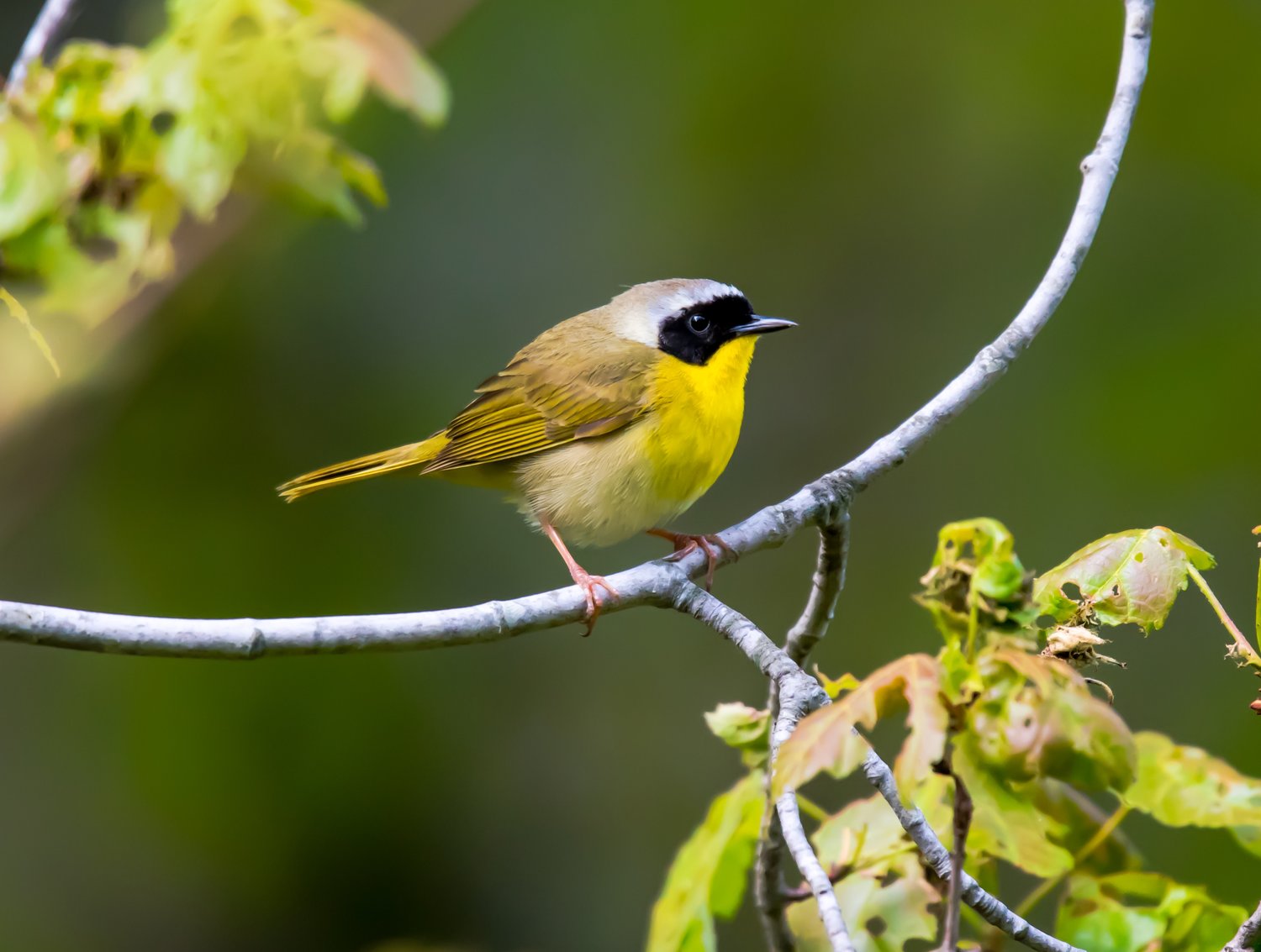The State of Our Birds Report
Audubon of RI Unveils its First Comprehensive Report Offering a Full Accounting of the Current Status and Conservation Actions for Birds Breeding and Overwintering on Audubon Wildlife Refuges.
Across North America, birds are declining. As indicators of environmental health, the loss of roughly 3 billion birds since 1970 portends changes to our habitats, water, air, and soil that deserve our attention and concern. The health of our bird populations is inextricably linked to our own.
As a leading conservation organization in Rhode Island, Audubon has dedicated itself to providing and managing habitat for birds in a capacity that would promote their survival in the face of climate change. To meet this goal, the organization developed the Audubon Avian Research Initiative in September 2021 to document the bird populations utilizing the nearly 9,500 acres of land managed by the Society.
A fifth of all birds on the Earth pollinate our wildflowers and fruiting trees. They serve as natural control agents for agricultural and household pests. Birds disperse seeds, contributing to habitat health and they scavenge dead and decaying organic matter. “We need birds more than they need us,” said Dr. Charles Clarkson, Audubon Director of Avian Research. “And we are slowly losing them from the fabric of our existence. Because of human population growth, the loss of natural habitat, the climate crisis and more, birds are becoming increasingly scarce.”
On January 28, 2023, Clarkson unveiled the first Audubon State of Our Birds Report during a sold-out “Birds Across New England: The Audubon Regional Conservation Symposium” at the Audubon Nature Center and Aquarium in Bristol, RI. Over 70 attendees joined 22 scientists from across New England as research was presented and region-wide comprehensive conservation plans were developed.
Armed with the knowledge from the new Report, Audubon will begin a monitoring and management scheme to reverse the declining trends in our birds. Some of the findings from the report include:
- Greater than 1/3 of all birds found breeding on Audubon Society of Rhode Island wildlife refuges are experiencing long-term population decline. Only 1/4 of all species are showing signs of long-term increases in population.
- The greatest declines were seen in aerial insectivores, such as Barn Swallows, Bank Swallows, and Chimney Swifts and species associated with early successional and grassland habitats. These steep declines are likely due to habitat loss, decline in prey abundance (insects) and climate change.
- A total of nine species were selected as “Responsibility Birds.” These bird species will receive additional monitoring from Audubon to determine the steps that can be taken to mitigate current population declines and promote local and regional population growth.
There still is hope. “Conservation is a lengthy process,” explained Clarkson. “Stopping the decline is not going to happen overnight. But we need to get the message out now. It’s important to engage the public, not just the conservation community. The hope is that the more people that become aware of the loss of our birds, the more we can act together. Our collective actions and choices can make a real difference.”
When we help birds survive, we help each other. Learn more about the Audubon Society of Rhode Island Avian Research Initiative, at www.asri.org/AvianResearchInitiative



















Comments
No comments on this item Please log in to comment by clicking here